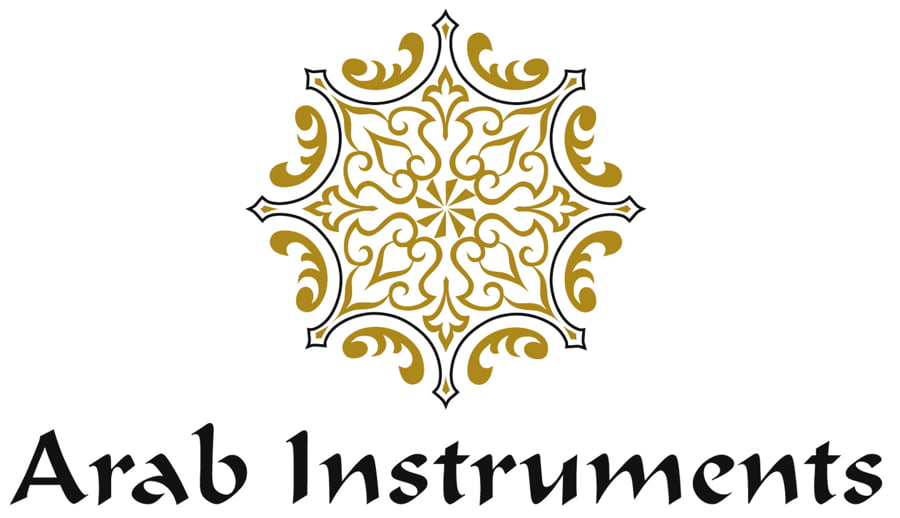The Difference Between Turkish and Arabic Darbuka
Darbuka Types
The popularity of darbuka lies in the fact that it has a wide range of varieties that permits its admirers, more particularly its players, to develop different playing styles that are distinctly different from each other. Turkish darbuka and Arabic darbuka are the two most popular varieties of darbuka that have managed to sustain their uniqueness despite the inroads of modernity. As the names suggest, Turkish Darbuka was originated in Turkey and Arabic Darbuka was in Arab world. Besides this geographical difference, there are other differences too that have kept them apart.
Cool Features of Turkish Darbuka
Though Turkish darbuka does not differ greatly from Arabic darbuka but the differences should not be discarded altogether. In fact, these small differences often play pivotal role in generating different sound and sometimes even they lead to the formation of a new musical genre. The major physical difference between Turkish darbuka and Arabic darbuka is that Turkish Darbuka has exposed edges that allow greater control and playability. In addiction to that, finger-snapping technique, which has become synonymous with darbuka, can best be done in Turkish Darbuka. However, the only drawback of Turkish darbuka is that its hard edges don’t permit rapid roll. However, this technique can be practiced easily in Arabic darbuka.
Some Advantages of Turkish Darbuka over Arabic Darbuka
One of the major features of Turkish Darbuka is its intimate association with the rich musical culture of Turkey. It has evolved there and flourished as one of the major musical instruments of Turkey. The body of Turkish darbuka is made of copper shells as oppose to aluminum shell. Besides that, Turkish darbuka is extremely light in weight, which is certainly one of its major advantages over Arabic Darbuka. Furthermore, the turning key of Turkish darbuka is located outside its rim, which is one of its notable features that you can’t detect in Arabic Darbuka.
